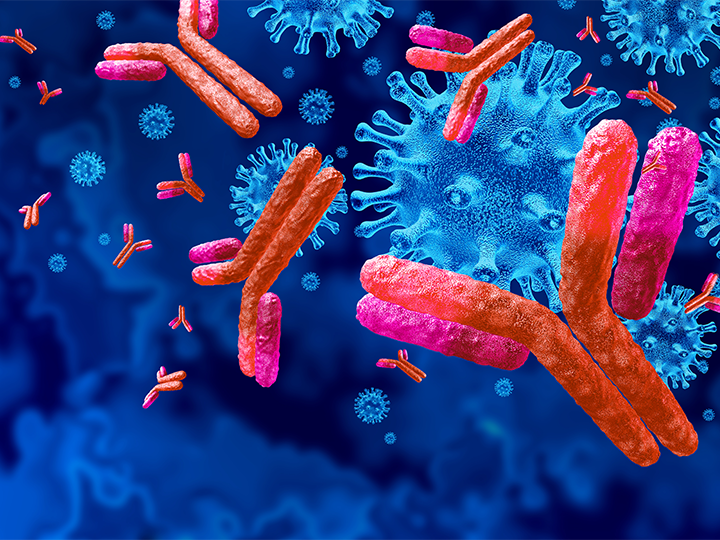CellChorus, a spinout housed at the UH Technology Bridge and the leader in applying artificial intelligence to visually evaluate how thousands of individual cells perform over time, published a report demonstrating that cytotoxic T lymphocytes (CTLs) targeting a conserved SARS-CoV-2 spike epitope are efficient serial killers.
COVID-19 vaccines generate antibodies that protect against the virus, but the immunity fades over time.
The report spotlights that the “the ability of CTLs to efficiently kill target cells presenting conserved epitopes illustrates the power of T-cell mediated immunity and emphasizes the need to study cellular immune responses in the context of infection and vaccines.”
The company is using artificial intelligence to reveal T cells that are capable of killing, serial killing and secretion of the cytokine interferon gamma (IFNγ).
“The development and performance of COVID vaccines has been a great achievement,” said Daniel Meyer, CEO of CellChorus.
“Unfortunately, while studying antibody response from vaccines and other immunity is relatively straightforward, evaluating T-cell mediated cellular immune responses has historically been much more challenging. These results demonstrate how dynamic single-cell analysis is a valuable approach for characterizing the complexity of the immune response.”
Chemical engineering professor at UH and the Chief Scientific Officer at CellChorus, Navin Varadarajan said that the role of T-cell immunity upon vaccinations is hard to understand.
"The CellChorus TIMING platform has the ability to quantify T-cell function. These data can directly enhance our understanding of the functional consequences of vaccine-induced T-cell immunity,” said Varadarajan.
The report has been submitted for review and has been published to the pre-publication site bioRxiv. The research conducted for this report was done by scientists at CellChorus and the University of Houston.
